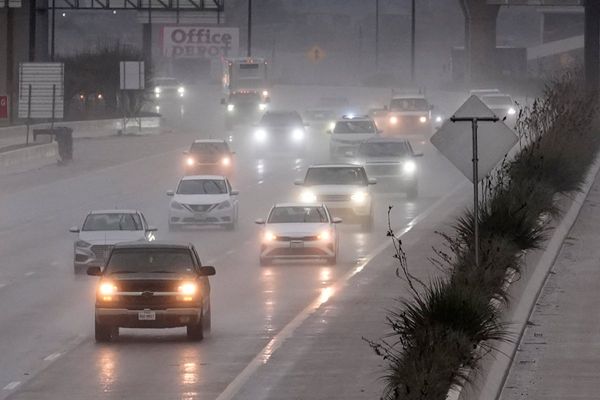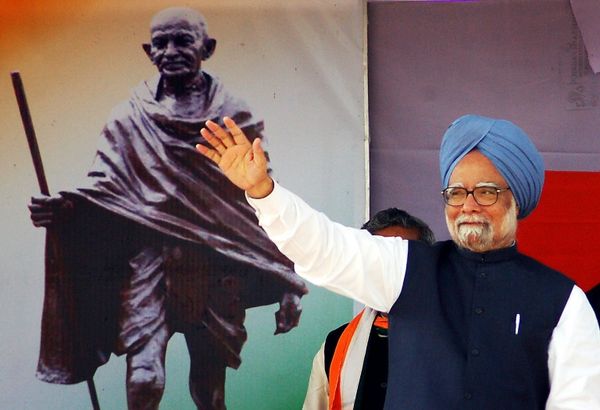
A 2024 survey conducted by the Employee Benefit Research Institute found that workers' and retirees' confidence has not completely bounced back from a drop discovered in 2023.
But majorities are still optimistic about their retirement prospects and the lifestyles they are hoping for.
Related: Here's one way weight-loss drugs are easier to get than you think
The survey also found that Social Security remains the top source of income for American retirees.
Teresa Ghilarducci, professor of economics at the New School for Social Research in New York, stopped by the New York Stock Exchange for an exclusive interview with TheStreet to discuss another key retirement situation with which Americans find themselves grappling.
Host Conway Gittens asked Ghilarducci about the big challenges people face regarding retirement right now.
Ghilarducci talked about a few important pieces of the current puzzle.
"Saving for retirement is the biggest challenge. But it's close," she said. "It's followed very closely by having to decide where to invest. And that's followed closely by, if you accumulate even $1 million, how to accumulate."
"So actually, the challenges are simple," Ghilarducci continued. "It's just accumulation — investment and accumulation. It's the whole package, the do-it-yourself package that is the biggest barrier to people's retirement."
She explained how unique the retirement challenge is in the U.S. compared to other nations.
"And it's very unusual. It's very American," Ghilarducci said. "There's no other country that does it this way that requires so much acumen, discipline and worry and anxiety on its workers than the United States."
Ghilarducci explains one major 401(k) retirement dilemma Americans face
The author and New School professor cited a statistic that makes retirement for Americans a serious challenge.
"Half of people don't have retirement accounts at work. And that's been true for decades. So it's not getting any better," she said.
Ghilarducci discussed the role employers and the current state of work in the U.S. plays in exacerbating the problem.
"There is absolutely no sign that employers feel they have to have a retirement account at work," she said. "More and more people, if you think about it, are working in industries where they don't have to compete for workers, or if they compete for workers, they could care less if they come and go."
"Amazon (AMZN) actually has a business model of keeping people in the warehouse for only six or seven months," she added. "People are gig workers, contingent workers and dependent workers."
More on retirement:
- Social Security benefits report confirms major changes are coming
- How your mortgage is key to early retirement
- A few simple tasks can can help you thrive in retirement
Ghilarducci proposed a solution to the retirement problem that could go a long way toward mitigating the situation.
"Almost everybody pays into Social Security," she said. "So if we just had a system that for every time you get a Social Security credit, you also got some financial credit in a retirement account, then we could solve the problem."
Ghilarducci talked specifically about how 401(k) accounts are an inadequate part of the retirement equation.
"Right now we rely on employers voluntarily sponsoring a 401(k), and then that's not enough," she said. "And then the worker has to voluntarily decide to be in the 401(k), so it's two decisions."

Shutterstock
Ghilarducci discusses haves, have-nots and 401(k) retirement plans
The question is why, Ghilarducci explained, the "people in power" are not doing the things they could to address retirement difficulties.
"The problem with our system is actually the haves and the have-nots," she said. "We have a very well-oiled, well structured 401(k) system. And if you're in, you're in, if your employer provides it like the federal government does to all of its employees."
"So automatically you have your lawmakers kind of immune to what everybody else is suffering. Professors who do a lot of work in this, we're kind of sitting pretty," she suggested as an example. "We're either working for a state and we have our own pension plan there."
"We're a little unempathetic for what the people who are working for us are up to. So that separation of experience is a real big barrier to policy making," Ghilarducci said.
Related: Dave Ramsey shares advice on mortgages and buying a home now
She talked a bit about the level of financial literacy in the U.S.
"The workers now are much more educated about money. They've taken on debt for school," Ghilarducci said. "They've actually learned about mortgages more than ever before, but they're worse off than their parents or grandparents."
"It's not the people not knowing enough that's the problem," she continued. "It's the structure that doesn't fit the people that we have."
"So why are they worse off?" she asked. "Because they're not in a retirement plan."
Related: Veteran fund manager picks favorite stocks for 2024







